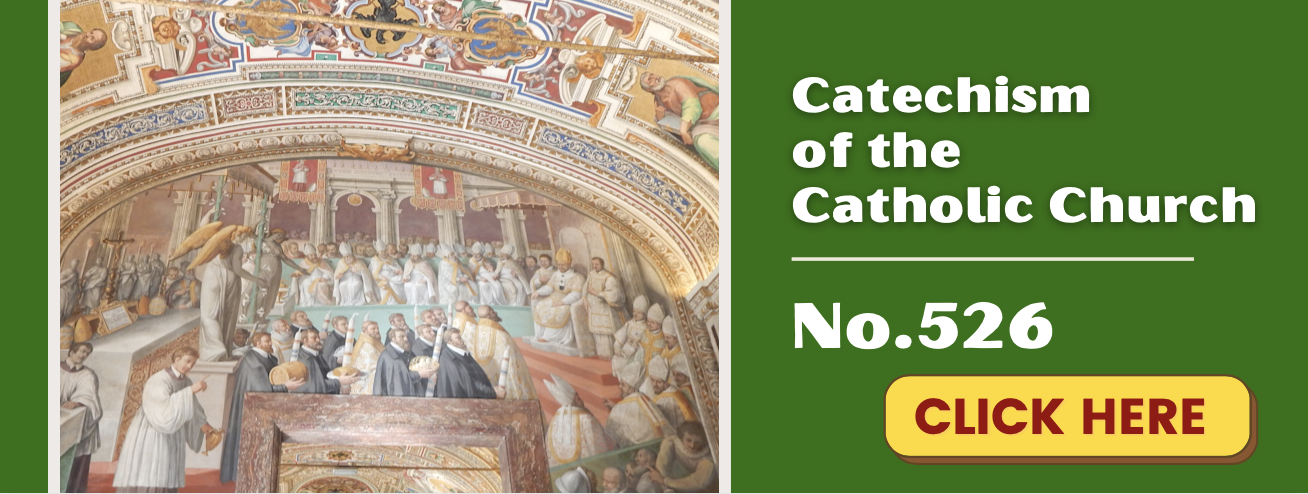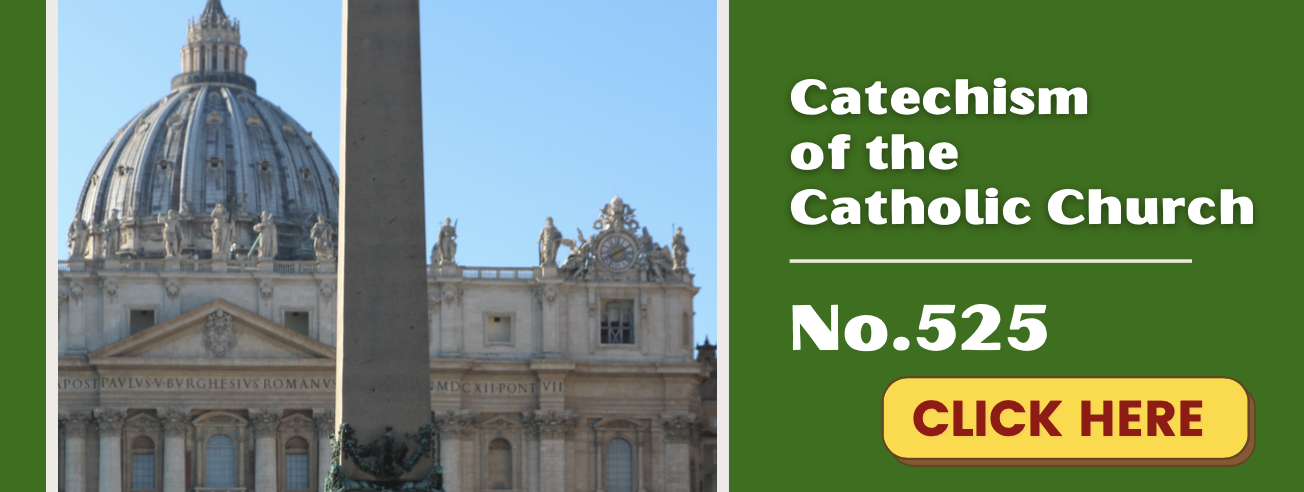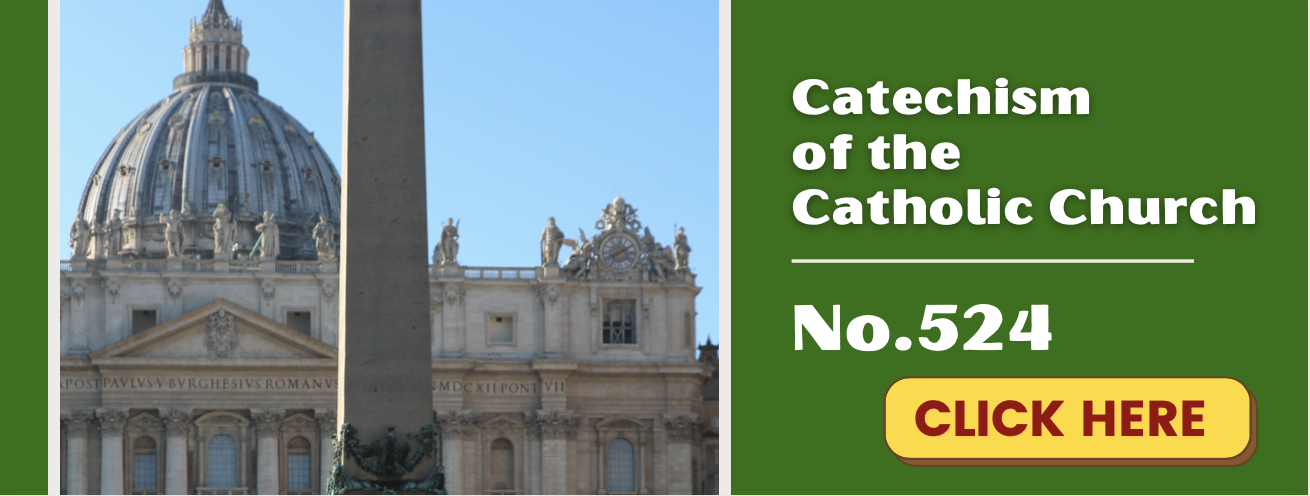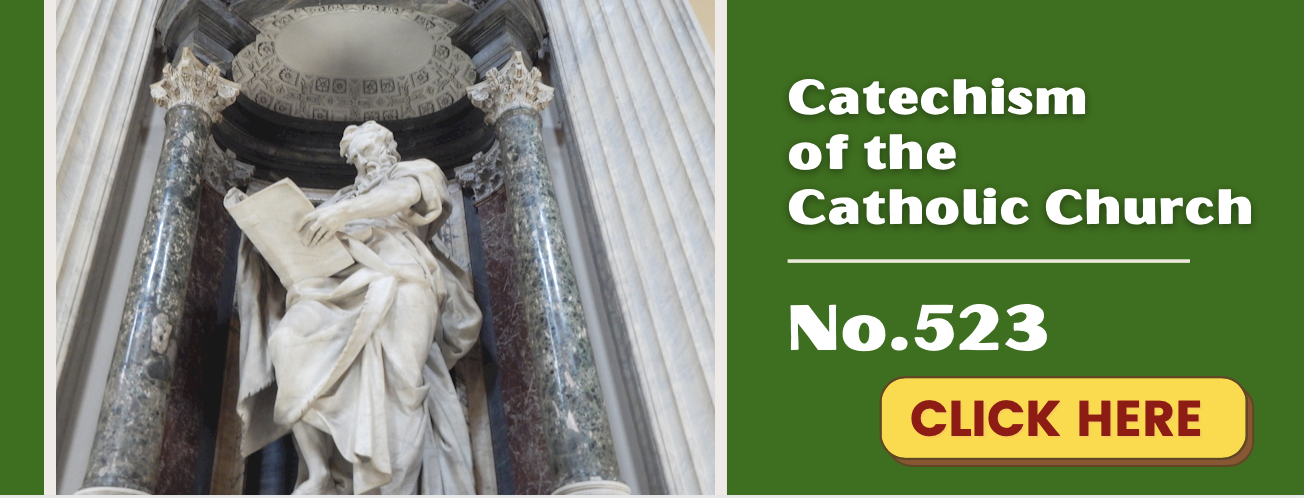Memorial of Saint Josaphat, Bishop and Martyr

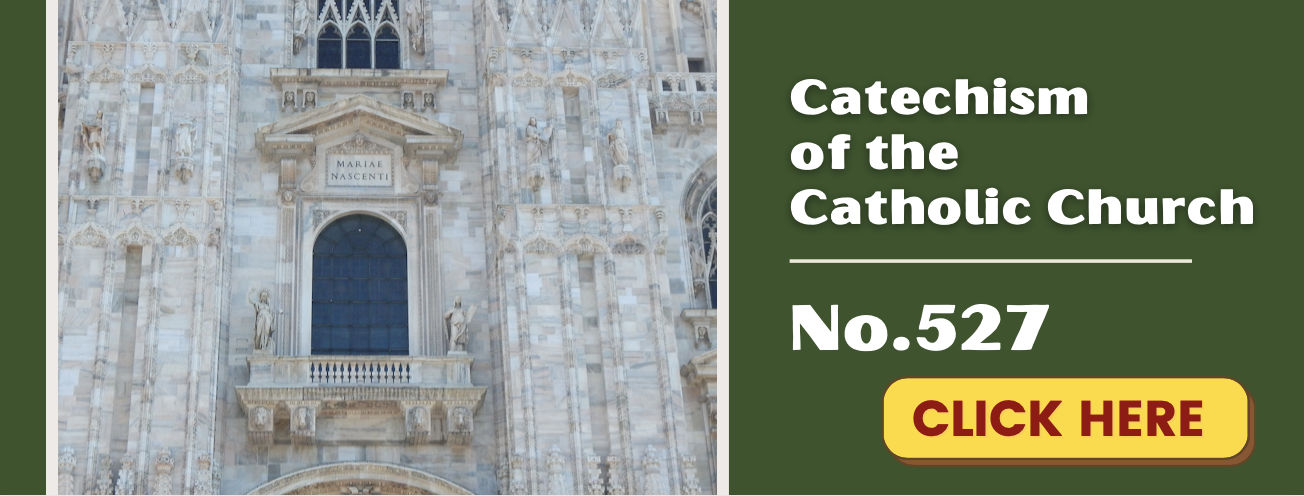

“For greater things you were born.” (Ven. Mother Luisita)
FRIDAY, November 12th Lk. 17:26-37 “Whoever seeks to preserve his life will lose it, but whoever loses it will save it.”
- November is the month dedicated to praying for All Souls and a timely reminder of our own pending death. “Ask not for whom the bell tolls, it tolls for thee.” (John Donne)
BE READY AND PREPARED TO MEET THE LORD JESUS by Fr. Ed Broom, OMV
Plane crashes, car accidents, ships sinking, oil-plants exploding, miles-long forest-fires—many of these sudden and unpredictable disasters often terminate with the loss of human life. How easy it is for us to look at these disasters from a distance and disregard the fact that one day, one hour, one minute, one second will be the last of our short life on earth.
Even though not the most popular of topics, it is very advantageous and propitious for our spiritual well-being to read, meditate and reflect upon the reality of our own mortality and death, and the precarious and uncertain nature of our short sojourn or pilgrimage on earth.
NOVEMBER: MONTH TO REFLECT ON THE LAST THINGS. Eschatology is the branch of theology that focuses on what are called The Last Things: death, judgment, heaven, hell, and for Catholics—the reality of Purgatory. In addition to these Last Things we should add a baker’s dozen to the equation: the reality of eternity. One of the reasons for the meditation on these serious topics is precisely because the Church Liturgical Year is winding down to its normal end—the celebration of Christ the King and then the new Church year commences with the Season of Advent.
A CALM REFLECTION ON THE REALITY OF DEATH. Therefore, we invite all to enter into a brief reflection on the reality of death, what it is, how to accept its inevitable reality and make concrete steps to be prepared. The great woman Doctor of the Church, Saint Catherine of Siena asserts: “The two most important moments of our life are now and the hour of our death.” Sound familiar? What about the last part of the Hail Mary?
1. HOLY AND HEALTHY REMINDERS OF DEATH. As a whole, the American and modern world in general strives to do all that is possible to eschew and circumvent the reality of death, even though, as mentioned above, we are constantly being bombarded by blatant news of deaths, either on an individual or collective perspective. What then are holy and healthy reminders of death??? There are many and may they gently lead us to prepare for the eventual and inevitable key moment of our life—the moment of our death!
a) THE CRUCIFIX. This points to the death of Jesus on the cross for love of us and for the eternal salvation of our immortal souls. Contemplating Jesus hanging on the cross—for love of you and me—can elicit within our souls and practical lives a desire to be converted from evil and sin, and to love what Jesus really loved—His Eternal Father and the salvation of souls.
b) THE CEMETERY. Upon passing any cemetery—be it Catholic or non-Catholic—we should always say at least a short prayer for the eternal repose of those whose bones lie in that burial place. Who knows how many souls will have their suffering alleviated, or even be delivered from Purgatory as a result of these short, fervent and frequent prayers offered for them!
c) FUNERAL MASS. For priests working in busy Parishes, Funeral Masses are frequent. However, we must make the connection between the person lying in the coffin and ourselves, in that one day we will be the one lying in the coffin at our own funeral Mass. None of these ideas are pointed at scaring us, but rather at waking us up to the reality of our own mortality—that is to say, one day we all must face the reality of death!
d) ALL SOULS DAY. Every year in the Catholic Church calendar there is the Liturgical celebration of All Souls Day. The priest is actually allowed to celebrate three Masses on that day: 1) For the intentions of the Pope; 2) For the sake of all the souls; 3) For the priest’s own private intentions. Rarely is a priest allowed to celebrate Three Masses! This highlights the dire need and importance to pray for the souls in Purgatory, and of course the greatest prayer that can be offered is the Holy Sacrifice of the Mass! Even though it is not a Holy Day of Obligation, as in the case of All Saints Day the day before, it is highly recommended to assist Mass on All Souls Day and receive Holy Communion if your soul is in the right disposition.
e) LOCAL AND INTERNATIONAL TRAGEDIES. Even though exceedingly painful, when there are tragedies on a local, national or even international level in which multiple deaths have occurred, these moments should be for us a holy reminder of the sober truth of our own mortality.
Now let us move into concrete ways that we indeed can be well-prepared for our own death so that we can encounter Jesus, not so much as our strict Judge, but rather as our merciful and loving Redeemer and Savior!
2. LIVE EACH DAY AS IF IT WERE YOUR LAST. The saints are unanimous in this philosophy of life, that is to say, try to live each day of your life as if it were your last day. Not to be apocalyptic or macabre—but it actually could be! We do not want to be like the Foolish Virgins in the Parable of Jesus who had no oil in their lamps, so that when the groom came, they were locked outside the Wedding Banquet. (Mt 25:1-13) The lack of oil in the flasks symbolizes those who lack sanctifying grace in their souls. Saint Albert Hurtado, S.J., the dynamic Chilean Jesuit priest asserted: “There are two places to rest: the cemetery and heaven.”
3. DIE DAILY!!! Our constant daily struggle is the one against the reality of sin in our mortal bodies. Saint Paul reminds us that we must put to death the cravings of the flesh and give full reign to the spirit. Indeed, this is a daily dying to self in our mortal bodies so as to live fully in Christ!
4. SACRAMENT OF CONFESSION AND DEATH. Another most efficacious way that we can die to self is in a Sacramental fashion, by having frequent recourse to the Sacrament of Confession. We confess our sins to the priest who represents Christ, receive absolution, and thereby die to sin and rise to new life and a new level of holiness. Indeed, every good Confession is a reliving of the Paschal Mystery of Jesus—His passion, death and Resurrection!!!
5. MEDITATE OFTEN ON THE LAST THINGS. If we constantly have before our eyes the reality of our death, the Judgment that follows immediately after our death, and the reality of Heaven and Hell, this serves as a powerful springboard to be converted. As the Biblical proverb reminds us: “Vanity of vanity… all is vanity” (Eccles 1:2)… if not related to God and our last end!
6. FERVENT HOLY COMMUNIONS. Of all the spiritual means or weapons to prepare us for a holy and happy death, Holy Mass and Holy Communion stand at the top of the list. Jesus offers us this most consoling promise: “I am the Bread of Life. Whoever eats my Flesh and drinks my Blood will have everlasting life and I will raise him up on the last day.” (The Bread of Life discourse—Jn. 6:48, 54)
7. UNITE YOUR SUFFERINGS TO THE CROSS AND HOLY SACRIFICE OF THE MASS. As we age, our health becomes more fragile and God visits us with various forms of suffering—physical, mental, emotional, social, moral, spiritual, familial, etc.—the list goes on! The key to unlock the treasure-case of God’s graces is to recognize our sufferings and unit them with Jesus’ sufferings on the cross, most specifically in the Holy Sacrifice of the Mass. By uniting our sufferings and crosses to the Passion of Jesus, our sufferings have infinite value.
8. BEG FOR THE GRACE. Jesus invites us with these words: “Ask and you will receive; seek and you will find; knock and the door will be opened. Whoever asks, receives; whoever seeks, finds; and whoever knocks, the door is opened to him. (Mt 7:7-9) Saint Alphonsus Liguori,who actually wrote a literary masterpiece on this topic, Preparation for a Holy Death, states emphatically on this point: “The grace of all graces is to die in the state of grace.” We should beg fervently and frequently for this grace of all graces—to die in the arms of Jesus, Mary and Saint Joseph!
9. BEG FOR THE POSSIBILITY OF RECEIVING THE LAST SACRAMENTS. Indeed, only God knows the day, the hour, the minute and the second that our life will end and we will travel from time into eternity. We can humbly beg the Lord, if it is His will, to be granted the extraordinary grace of being able to receive the Last Sacraments before we die. There is what is called a continual Rite for those approaching death: Confession, the Anointing of the Sick, culminating with Viaticum—meaning the last Holy Communion or the Holy Communion for those traveling from this life to eternal life.
10. THE MOST HOLY ROSARY AND THE BLESSED MOTHER. Of course we conclude our reflection on the Last Things, most specifically the topic of death with the Blessed Virgin Mary, the Hail Mary and the Holy Rosary. Indeed, every time you say the Hail Mary you are preparing your soul for the most important moment of death, but with the presence and assistance of Mary, the Mother of God, the Mother of the Church, and your loving Mother. In the second half of the Hail Mary we pray: “Holy Mary, Mother of God, pray for us sinners, now and at the hour of our death. Amen.” Therefore, if we pray the Rosary on a daily basis, we are actually preparing ourselves to die with Mary at our side fifty times! What a consolation—to know at the end of our lives that we were faithful to the recitation of the Holy Rosary and Mary will be present at our death-bed, helping us to die a holy and happy death and be received mercifully by Jesus into our eternal Home! O Mary, Mother of mercy, pray for us! That we will live holy lives and experience the grace of all graces—the grace of a holy and happy death. Amen.

